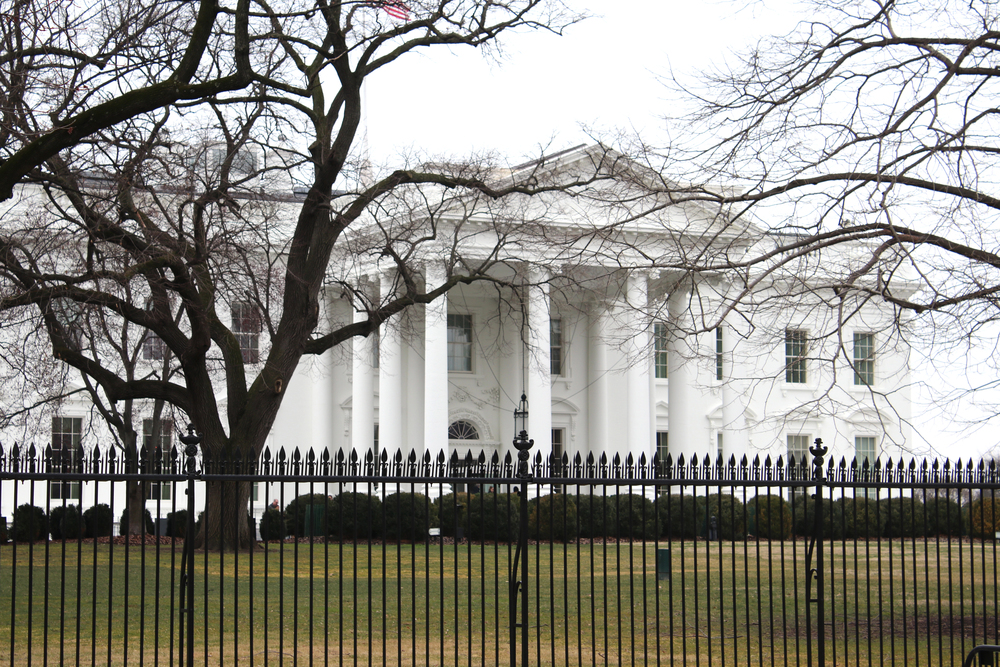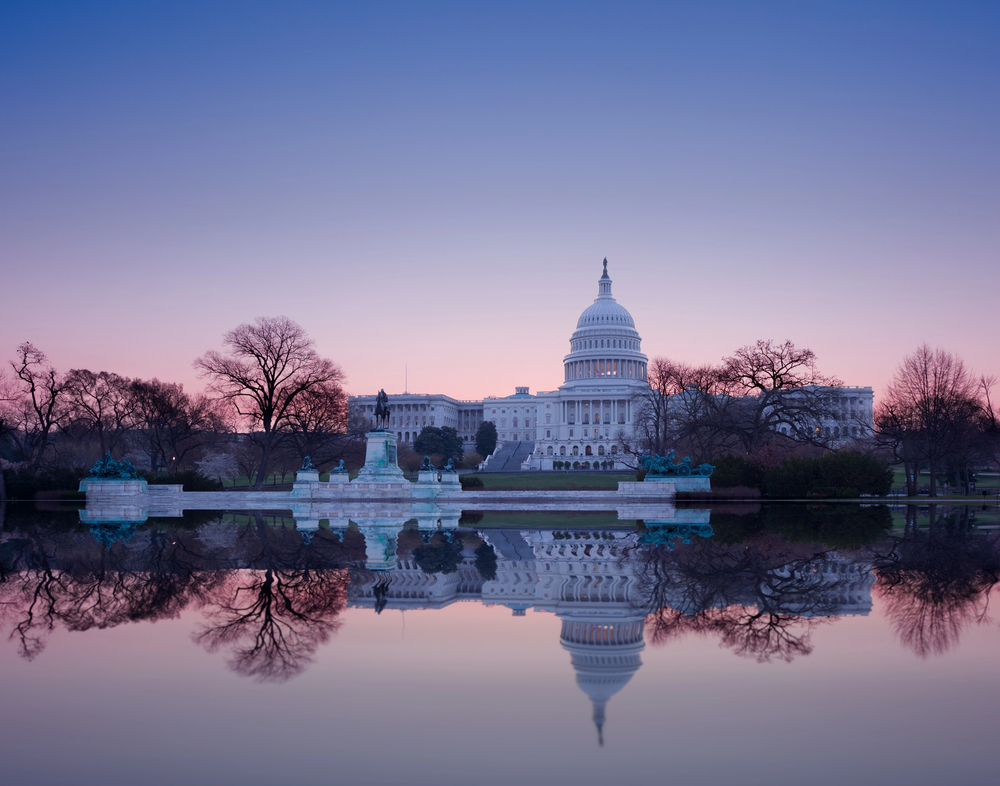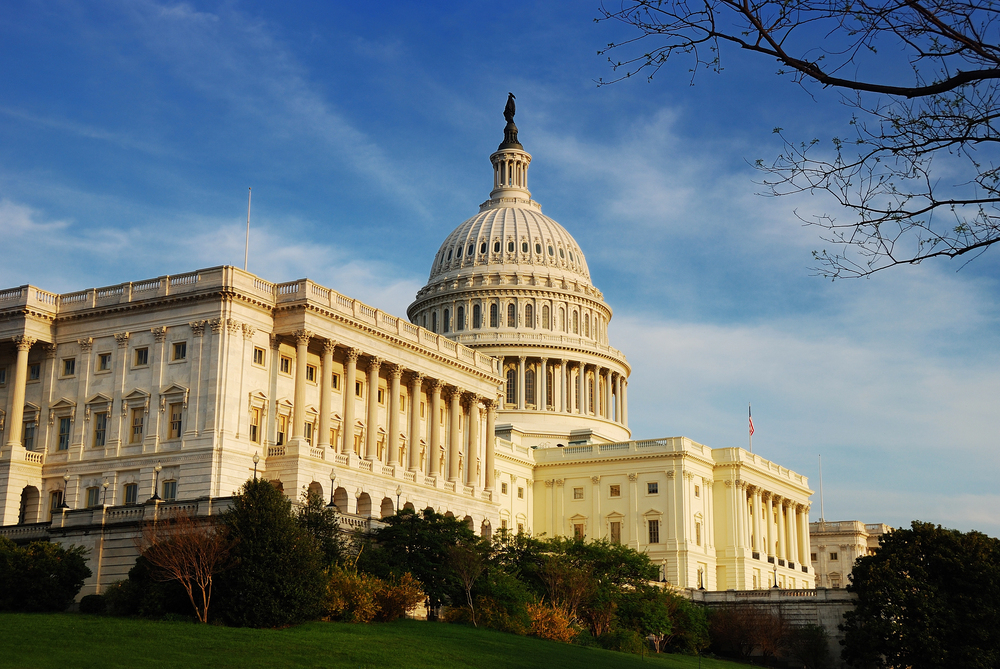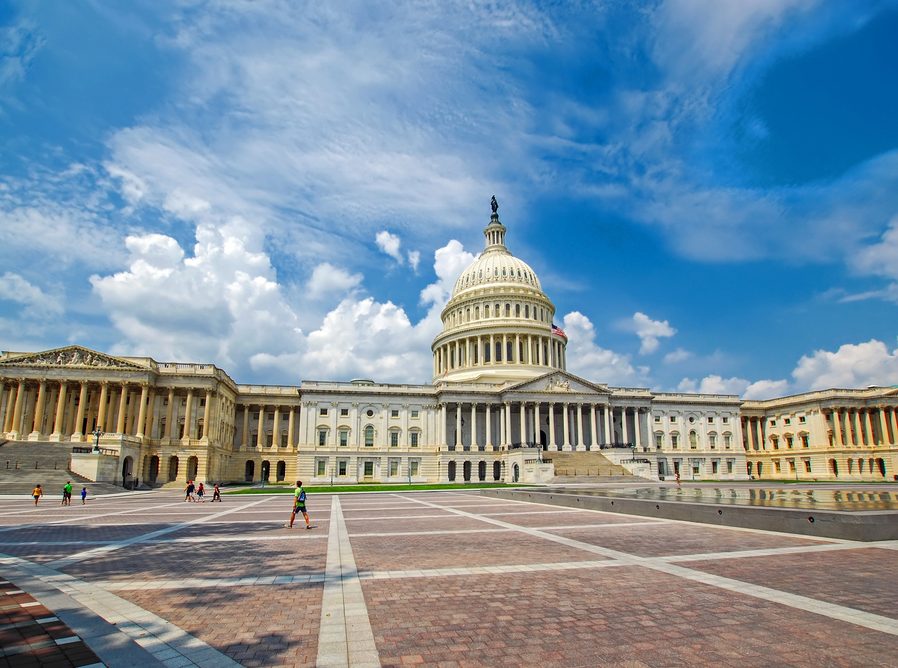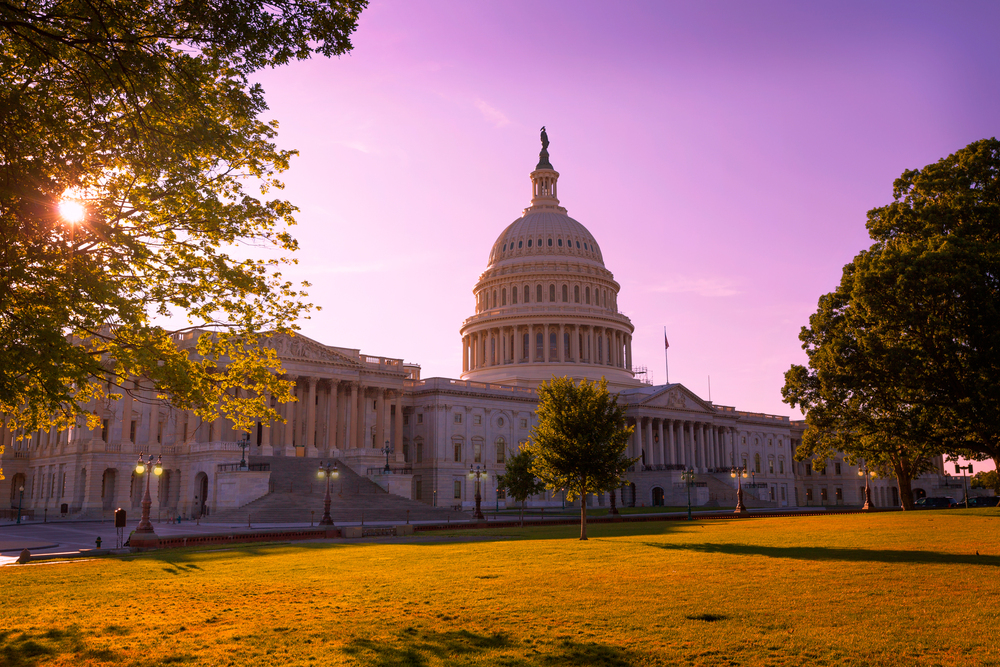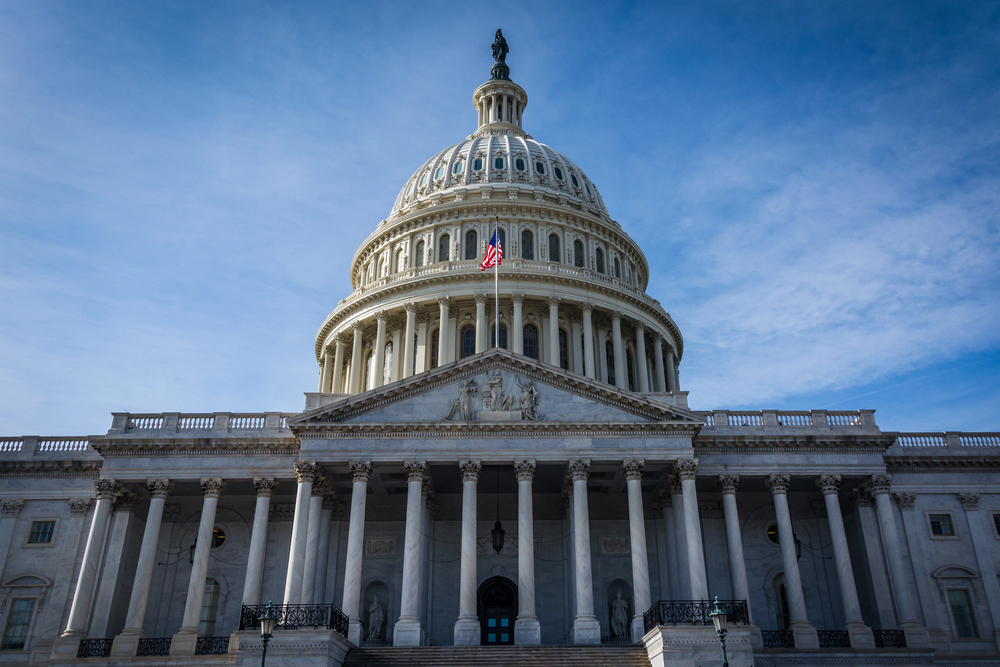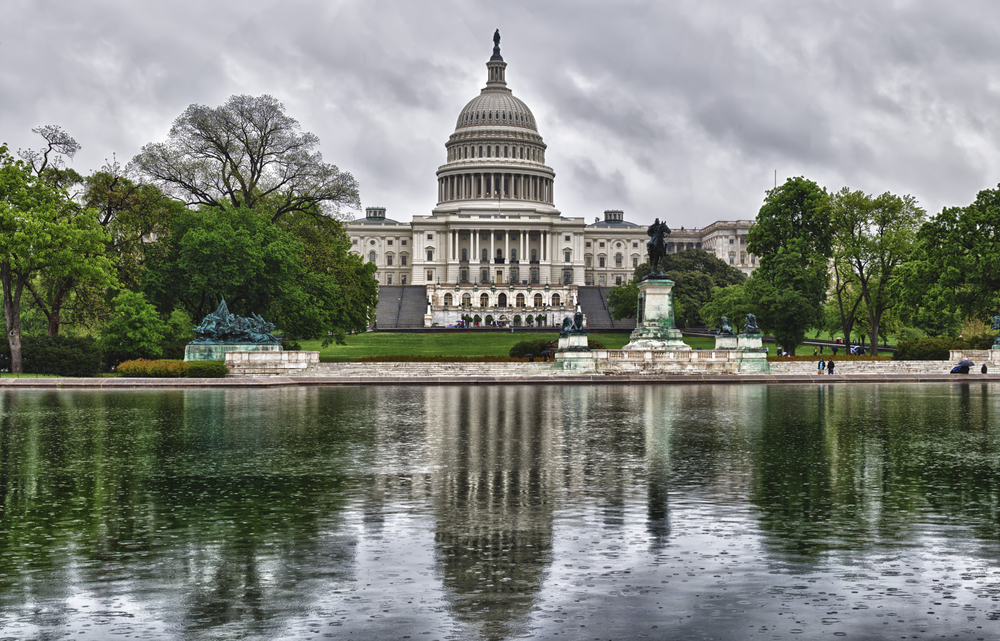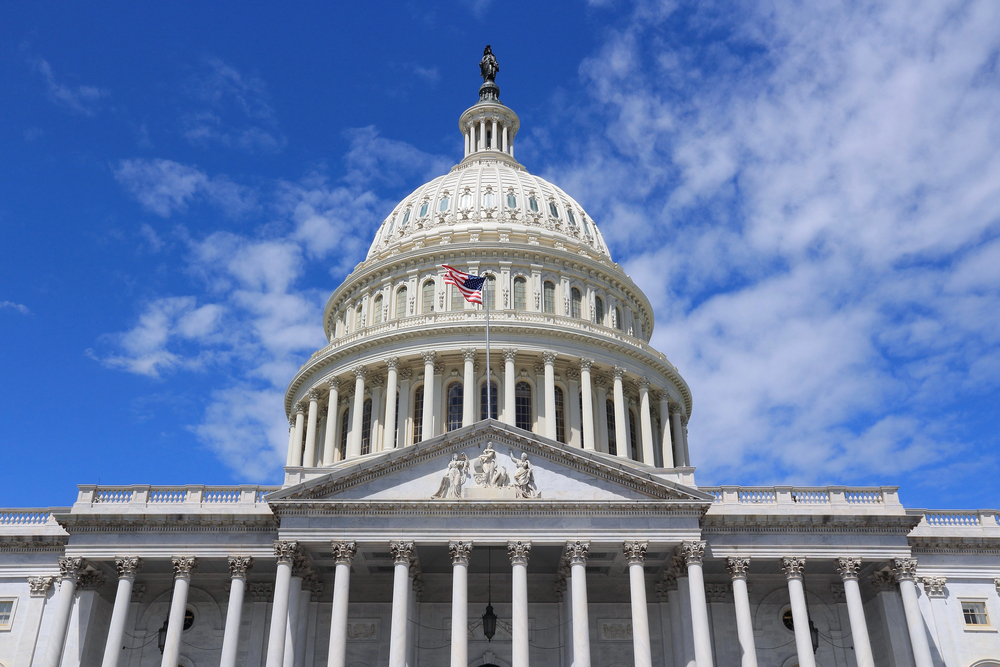Trump Administration Releases New HRA Rules
By: Wyatt Stewart
Late last week, the Trump Administration released its final rule on expanding health reimbursement arrangements (HRAs). The final rule would make it easier for employers to use HRAs to help their employees purchase health plans.
The Big “I” had previously submitted comments to the Administration to make clear that the Big “I” supports health insurance choice and competition and the employer-sponsored health insurance system. In addition, the Big “I” stated that it believes a strong focus on consumer protections is paramount, noting that any final rule must maintain an appropriate role for independent insurance agents and brokers.
Under the final rule, starting in January 2020 employers will be able to use “individual coverage HRAs” to provide workers with tax-preferred funds to pay for the cost of health insurance coverage that workers purchase in the individual market, subject to certain conditions. Employees who would like to use an HRA to purchase health insurance with a start date of Jan. 1, 2020 will need to enroll in individual health insurance during the open enrollment period at the end of 2019—Nov. 1-Dec. 15.
In addition to allowing individual coverage HRAs, the HRA rule creates an excepted benefit HRA. This portion of the rule permits employers that offer traditional group health plans to provide an excepted benefit HRA of up to $1,800 per year (indexed to inflation after 2020), even if the employee doesn’t enroll in the traditional group health plan.
The rule also enables employers to reimburse an employee for certain qualified medical expenses, including premiums for vision, dental and short-term, limited-duration insurance. This provision will also benefit employees who have been opting out of their employer’s traditional group health plan because the employee share of premiums is too expensive.
Wyatt Stewart is Big “I” senior director of federal government affairs.

